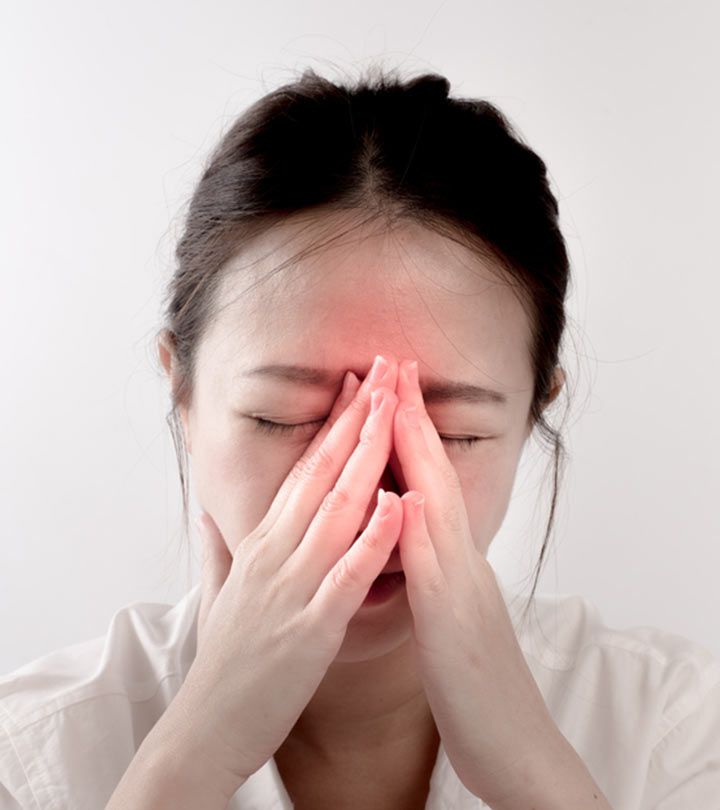04 Apr
By Admin
Sinusitis, commonly known as a sinus infection, is a condition that affects millions of people worldwide. It occurs when the sinuses—air-filled cavities in the skull—become inflamed or infected, leading to symptoms like nasal congestion, facial pain, headaches, and fatigue. While sinusitis can disrupt daily life, advancements in treatment options offer new hope for relief. This blog will explore the causes, symptoms, and breakthrough solutions for sinusitis treatment.
Understanding Sinusitis: Causes and Types
What Causes Sinusitis?
Sinusitis can be caused by various factors, including:
- Viral Infections: The common cold is the most frequent cause.
- Bacterial Infections: occur when sinus blockages trap bacteria, leading to infection.
- Allergies: Conditions like hay fever can trigger sinus inflammation.
- Fungal Infections: Fungi can cause sinusitis in rare cases, particularly in immunocompromised individuals.
Types of Sinusitis
- Acute Sinusitis: This lasts up to 4 weeks and is usually caused by a viral infection.
- Chronic Sinusitis: Persists for 12 weeks or longer and may result from ongoing infections, allergies, or structural issues in the sinuses.
- Recurrent Sinusitis: Involves multiple episodes of acute sinusitis in a year.
Symptoms of Sinusitis
Sinusitis symptoms vary depending on the severity and type of the condition. Common symptoms include:
- Nasal congestion and difficulty breathing through the nose.
- Thick nasal discharge (yellow or green in bacterial infections).
- Pain, pressure, or tenderness around the eyes, forehead, or cheeks.
- Reduced or lost sense of smell and taste.
- Headache or ear pain.
- Fatigue and fever (in some cases).
Breakthrough Solutions for Sinusitis Treatment
Recent advancements in sinusitis treatment have provided more effective and less invasive options for relief. Here are some of the latest solutions:
1. Balloon Sinuplasty
A minimally invasive procedure, balloon sinuplasty involves inserting a small, balloon-like device into the blocked sinus passage. The balloon is inflated to widen the passage and improve drainage. This procedure offers quick recovery and significant symptom relief, making it a popular choice for chronic sinusitis.
2. Endoscopic Sinus Surgery
For chronic or recurrent sinusitis that doesn’t respond to other treatments, endoscopic sinus surgery may be recommended. This procedure uses a thin, flexible tube with a camera (endoscope) to remove blockages, polyps, or damaged tissue, restoring normal sinus function.
3. Targeted Medications
Advancements in pharmacology have led to more targeted medications for sinusitis:
- Biologic Therapies: For individuals with chronic sinusitis related to nasal polyps or severe allergies, biologic drugs like Dupilumab have shown promise.
- Antibiotics and Antifungals: These are prescribed for bacterial or fungal sinusitis based on diagnostic tests.
- Nasal Sprays: Corticosteroid sprays help reduce inflammation, while saline sprays keep the nasal passages moist and clear.
4. Allergy Management
Allergy-induced sinusitis can be managed by identifying triggers through allergy testing and using immunotherapy (allergy shots) or antihistamines to reduce symptoms.
5. Lifestyle and Home Remedies
Simple lifestyle changes and home remedies can complement medical treatments:
- Use a humidifier to keep nasal passages moist.
- Perform saline irrigation with a neti pot or nasal rinse to clear mucus.
- Stay hydrated and avoid allergens.
- Elevate your head while sleeping to promote sinus drainage.
6. Advanced Imaging for Diagnosis
Cutting-edge diagnostic tools, like CT scans and MRI, provide detailed images of the sinuses, helping doctors pinpoint the exact cause of sinusitis and tailor treatments more effectively.
Preventing Sinusitis
While treatments are effective, prevention is always better. Here are some tips to reduce your risk:
- Practice good hygiene, such as frequent handwashing, to prevent infections.
- Avoid exposure to smoke, pollution, and allergens.
- Manage allergies effectively with medications or immunotherapy.
- Stay hydrated and maintain a healthy lifestyle to boost your immune system.
Conclusion
Sinusitis can be a persistent and frustrating condition, but with the latest advancements in treatment, relief is more accessible than ever. Whether it’s minimally invasive procedures like balloon sinuplasty, targeted medications, or lifestyle adjustments, there’s a solution for every individual’s needs.
If you’re struggling with sinusitis, consult a specialist to explore the best treatment options for you. It’s time to clear the air and breathe easy once again!
Need Expert Care?
Reach out to our clinic for personalized sinusitis treatment and reclaim your quality of life. Let us help you take the first step toward lasting relief.


